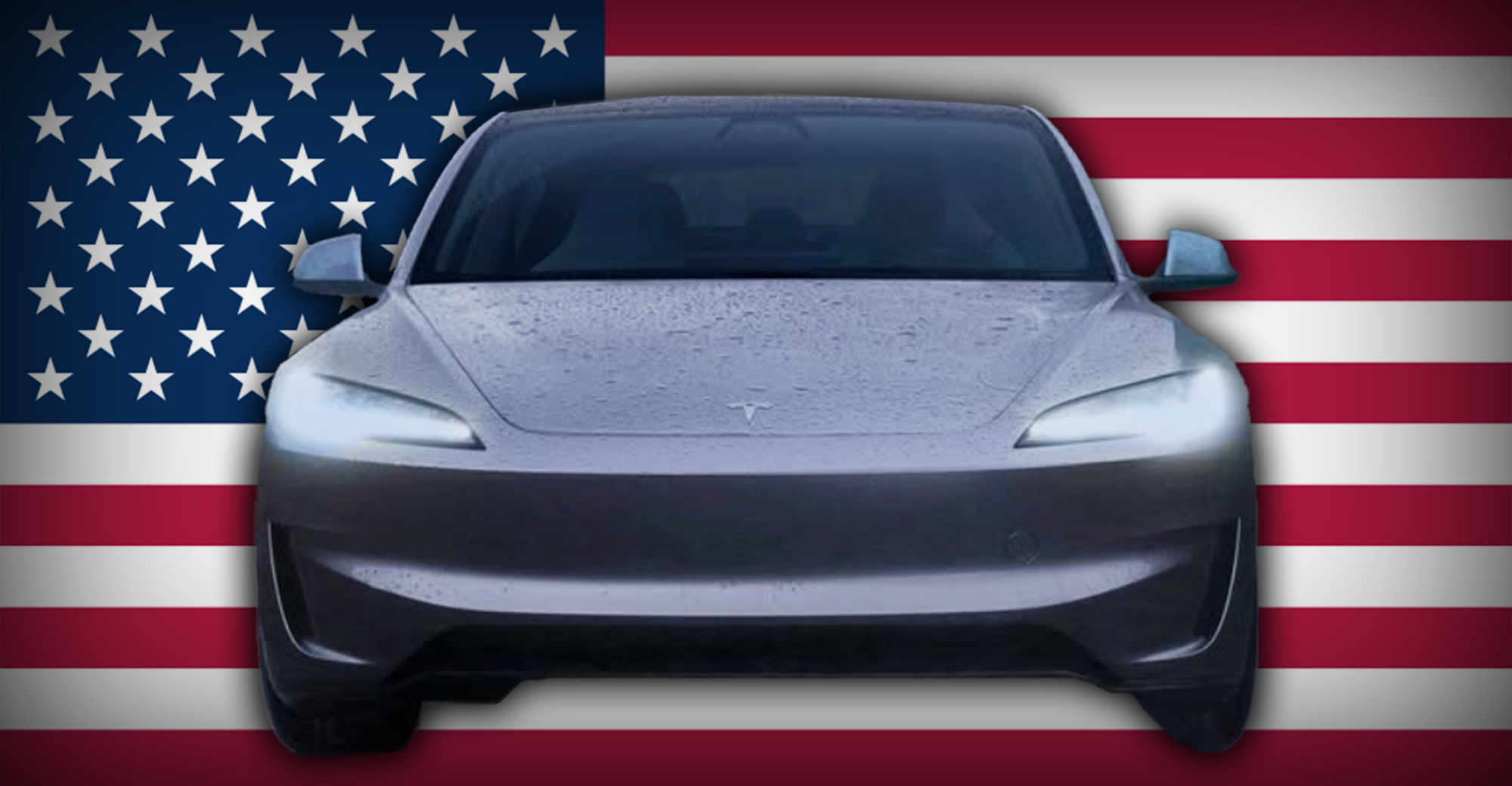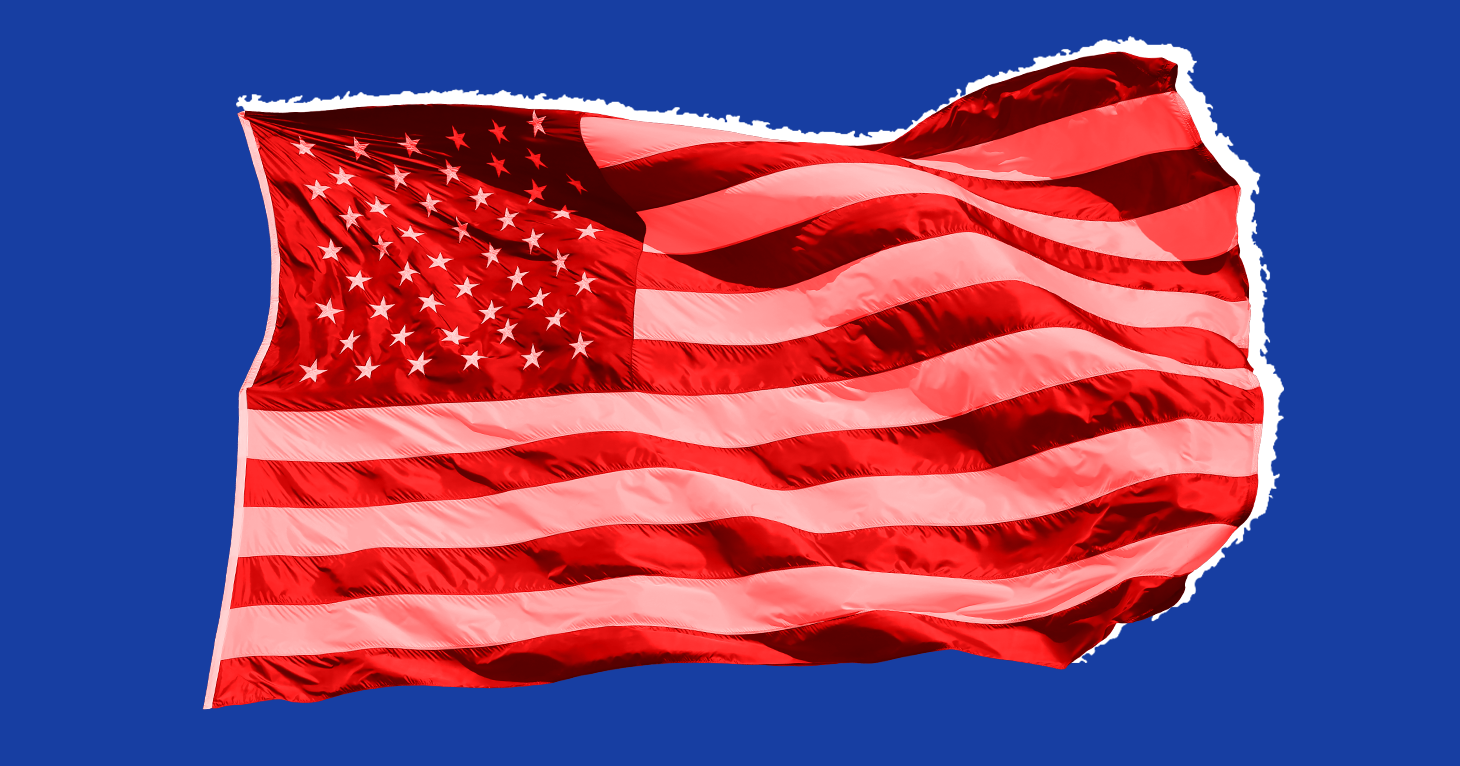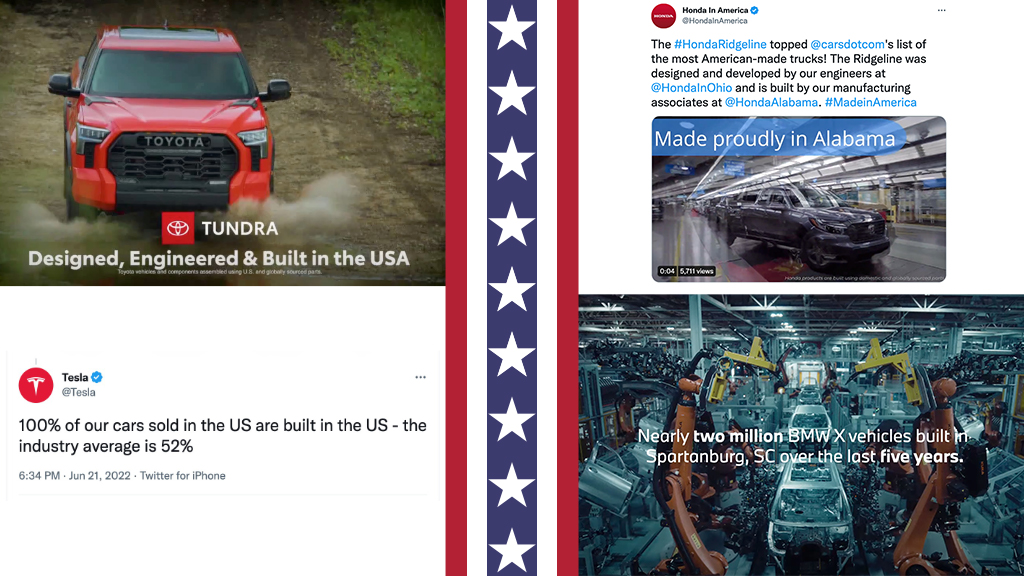
Tesla
TINA.org investigated Tesla and found that the automaker is deceptively marketing its vehicles as made in the U.S. when they are actually assembled in the U.S. using a significant amount…
June 2018: A federal judge preliminarily approved a settlement agreement. According to its terms, the company agreed to, among other things, automatically provide each class member with a monetary award of between $20 and $280, with the exact amount depending on various factors, including the company’s marketing representations at the time of the class member’s purchase, the timing and content of the releases of the company’s enhanced autopilot features, and the number of months that the class member was in possession of the car. A final fairness hearing is scheduled for October 17, 2018.
April 2017: A class-action lawsuit was filed against Tesla Motors for allegedly falsely advertising safety and autopilot features in 2016 and 2017 Model S sedans. According to the complaint, the company advertised vehicles were designed to be the “safest” sedans on the road with safety features – such as collision avoidance and emergency braking technologies – and enhanced autopilot capabilities (which consumers paid extra money to get) when the features did not to perform the advertised tasks and instead caused vehicles to behave in unpredictable and dangerous ways. In addition, the complaint alleges that the company deceived consumers about when features would be available. (Sheikh et al v. Tesla, Inc. d/b/a Tesla Motors, Inc., Case No. 17-cv-2193, N.D. Cal.)
For more information about other class-action lawsuits regarding automobiles and TINA.org’s coverage of them, click here.
TINA.org investigated Tesla and found that the automaker is deceptively marketing its vehicles as made in the U.S. when they are actually assembled in the U.S. using a significant amount…
Allegations: Falsely marketing that the company was “perpetually on the cusp of perfecting” a fully self-driving car when it was not
Allegations: Falsely advertising that electric vehicles can travel longer distances on a single charge than their actual average range
Allegations: Charging consumers more than the represented and agreed upon prices
Allegations: Falsely advertising that Tesla provides three years of free supercharging for vehicles
Allegations: Misrepresenting that vehicles’ batteries would outlast the vehicles when an automatic software update causes the batteries to lose significant battery capacity or become inoperable
Allegations: Misrepresenting the parts to install, the price, and the time periods needed to install solar roof energy systems
Tanya Gazdik, Media Post
TINA.org notifies electric vehicle maker for second time in three years.
TINA.org investigations expose the truth and prompt marketing changes
MADISON, CONN. November 7, 2022 – No Super Bowl is complete without at least one car commercial teeming with red, white and blue flags and blatant nods to Americana with…
TINA.org puts the auto industry on notice.




